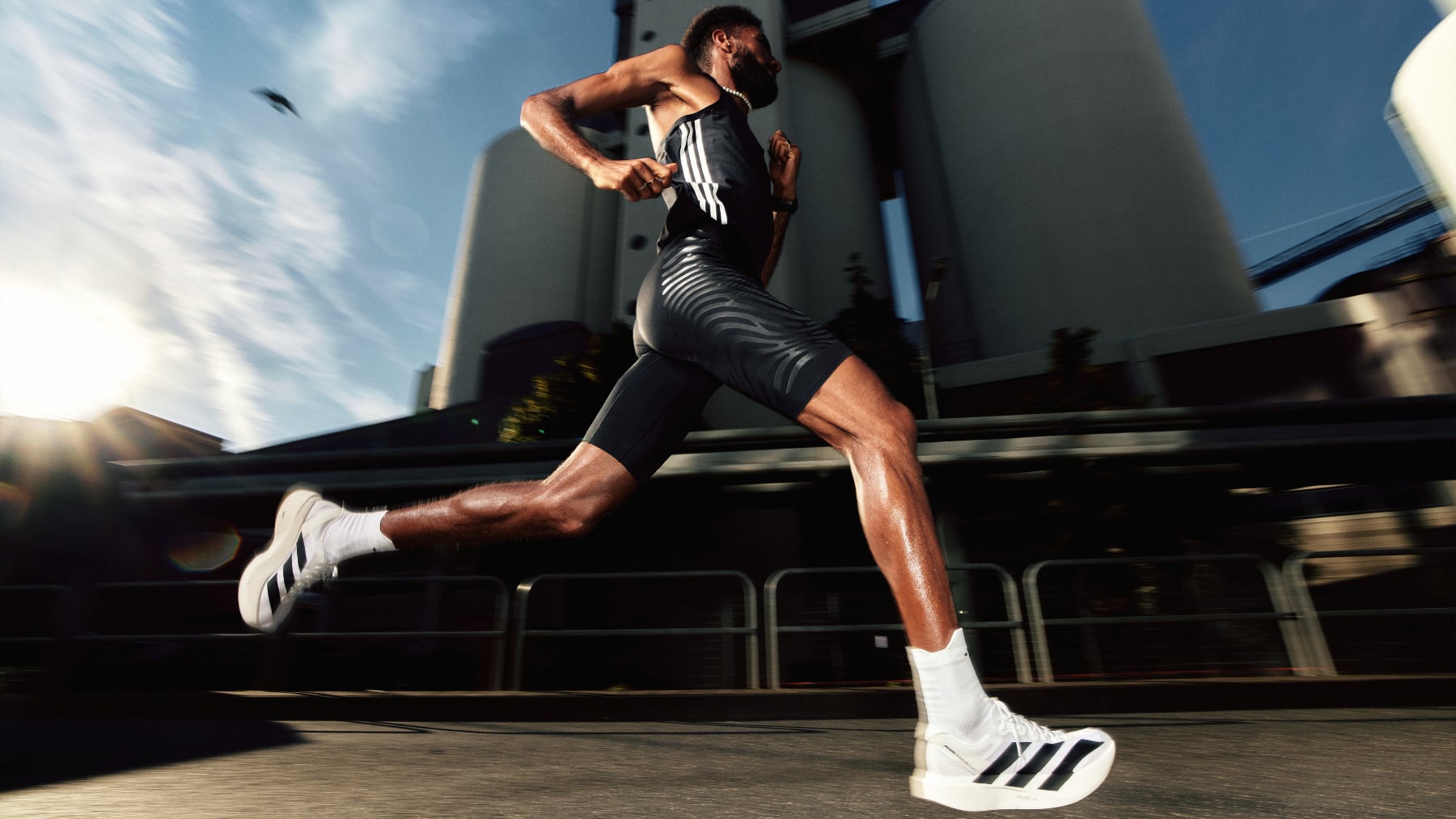
Adidas raised its annual profit target for the third quarter in a row amid the sustained boom for retro sneakers like the Samba and more sales from its shrinking stockpile of Yeezy footwear.
The German sportswear company now expects to generate operating profit of around €1.2 billion ($1.3 billion), up from the previous forecast of around €1 billion. Currency-neutral revenue will rise about 10 percent in 2024, compared with a previous target of a high single-digit rate, the company said late Tuesday.
Adidas shares declined about 2 percent early Wednesday in Frankfurt, but they’re up 27 percent so far this year. Investors had expected the company to raise guidance after its recent outperformance compared with rival Nike Inc.
Chief executive Bjørn Gulden has been winning over investors with a back-to-basics focus on sports and developing new footwear and apparel. He’s hoping to close the gap with Nike, which remains the industry leader despite its recent struggles.
The results and guidance reflect “better consumer sentiment and spending for the brand as innovation and strength in lifestyle shoes pay off,” said Poonam Goyal, an analyst at Bloomberg Intelligence.
Adidas has pledged to return to growth this year after an underwhelming 2023, when the company suffered from the cancelled partnership with the rapper and designer Ye. The company had previously said that momentum will likely accelerate in the second half.
Adidas is benefiting from sales of the dwindling inventory of Yeezy footwear. It said Tuesday that it expects a further €50 million of sales of Yeezy sneakers in the fourth quarter but no further profit contribution.
Meantime, the company is still seeing strong demand for classic sneaker models in a variety of colours, including the Samba, Spezial and Campus. Third-quarter revenue rose 7 percent to €6.4 billion, roughly in line with analysts’ estimates.
Going forward, Gulden will have to impress consumers and investors with the launch of more products that have been developed since his arrival in January 2023. The CEO is also renewing focus on retail store partners, which in recent years have pushed newer labels such as On Holding AG and Deckers-owned Hoka while Adidas and Nike built out their own e-commerce channels.
In contrast to Adidas, shares of Nike have fallen 24 percent since the start of the year. Nike recently withdrew its full-year sales target ahead of new chief executive Elliott Hill’s arrival.
By Tim Loh and Deirdre Hipwell
Learn more:
Case Study | The Strategy That Brought Adidas Back From the Brink
Adidas has mounted one of the more remarkable turnarounds in recent memory after facing a crisis two years ago from the end of its Yeezy business. BoF spoke to chief executive Bjørn Gulden and other members of Adidas’ leadership to unpack how a series of bold decisions on products like its Samba sneaker, a move to refocus the brand on athletes and internal shifts brought Adidas back from the brink.



